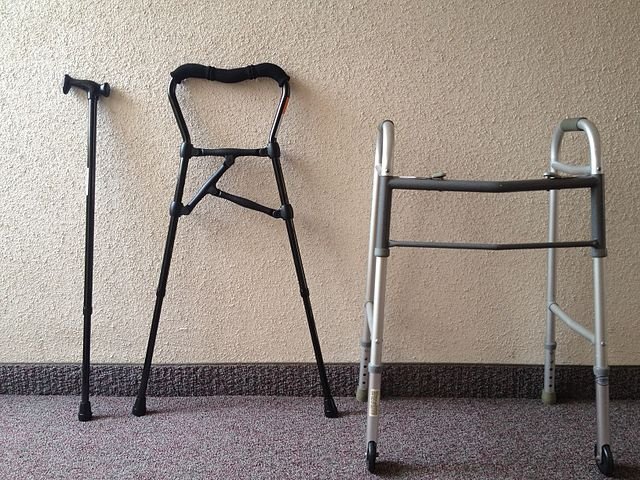Disability
There is a deep-seated culture of neglect and brutality toward people with disabilities behind bars.
Though the majority of individuals incarcerated in American prisons and jails have at least one disability, jails and prisons across the country have overlooked the needs of this vulnerable population. Prisoners with developmental disabilities are subject to longer terms of imprisonment. Prisoners with auditory or visual impairments are often place in “protective custody” or “medical isolation,” where they are confined to a parking lot-sized cell for 22 hours a day. Immigration detainees are regularly placed in solitary confinement when they exhibit signs of mental illness. Individuals with mental health conditions in prison and jail are also vulnerable, often being made to endure corporal punishment at the hands of prison guards.
Learn more about common discriminatory practices
-
Many jails have work programs that allows detainees to work days off their sentence and simply exclude people too disabled to work who therefore must serve their full sentence. Analogously, many prisons allow prisoners to be released early in work release programs but exclude people with disabilities who are unable to work.
-
Many jails and prisons do not have videophones that allow deaf prisoners or detainees to communicate with loved ones or their attorneys.
-
Many prisons use bunkbed systems that refuse to accommodate people with mobility or seizure disorders. When people with disabilities are assigned to top bunks, they often suffer serious injuries or death.
Our Disability Cases
Donate to support our litigation and advocacy work
Rights Behind Bars is a 501(c)3 nonprofit corporation registered in the District of Columbia. Our Tax ID # is 84-3084416. All donations are tax deductible.



